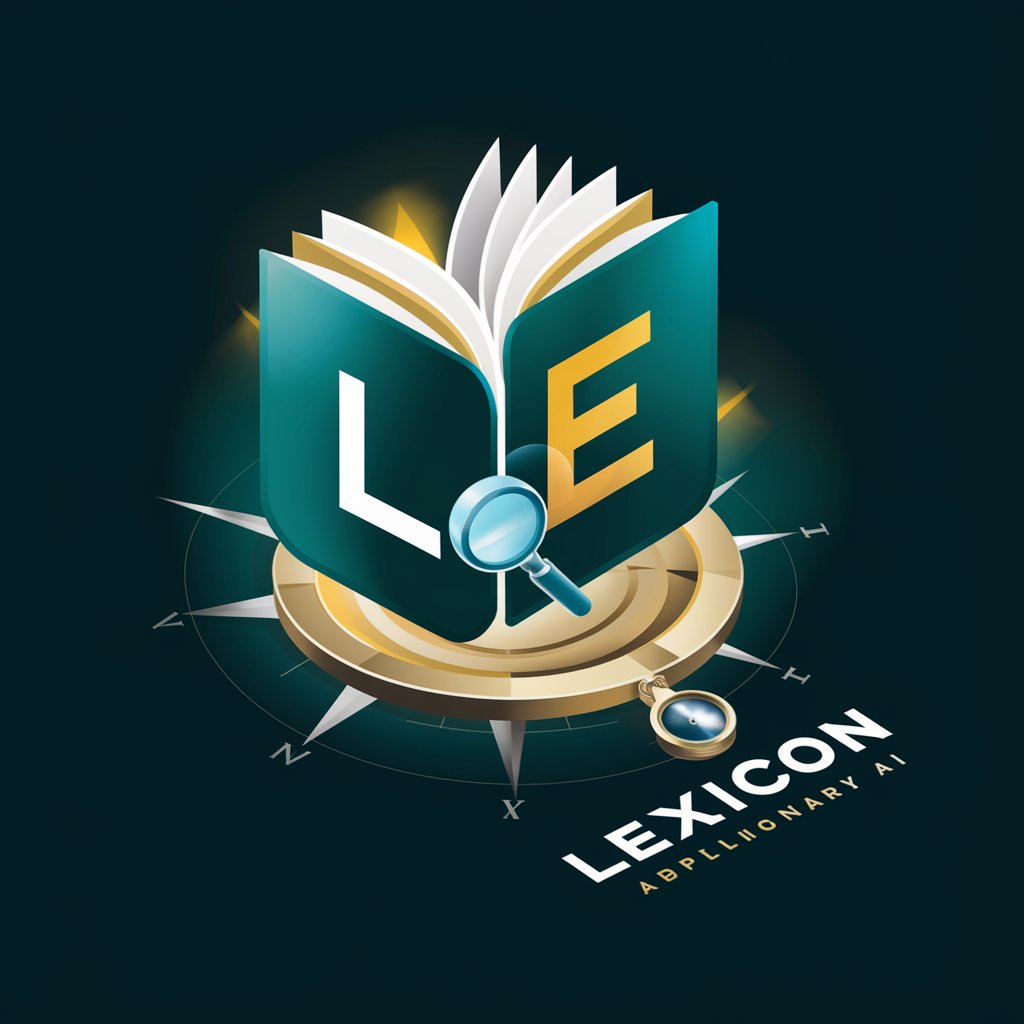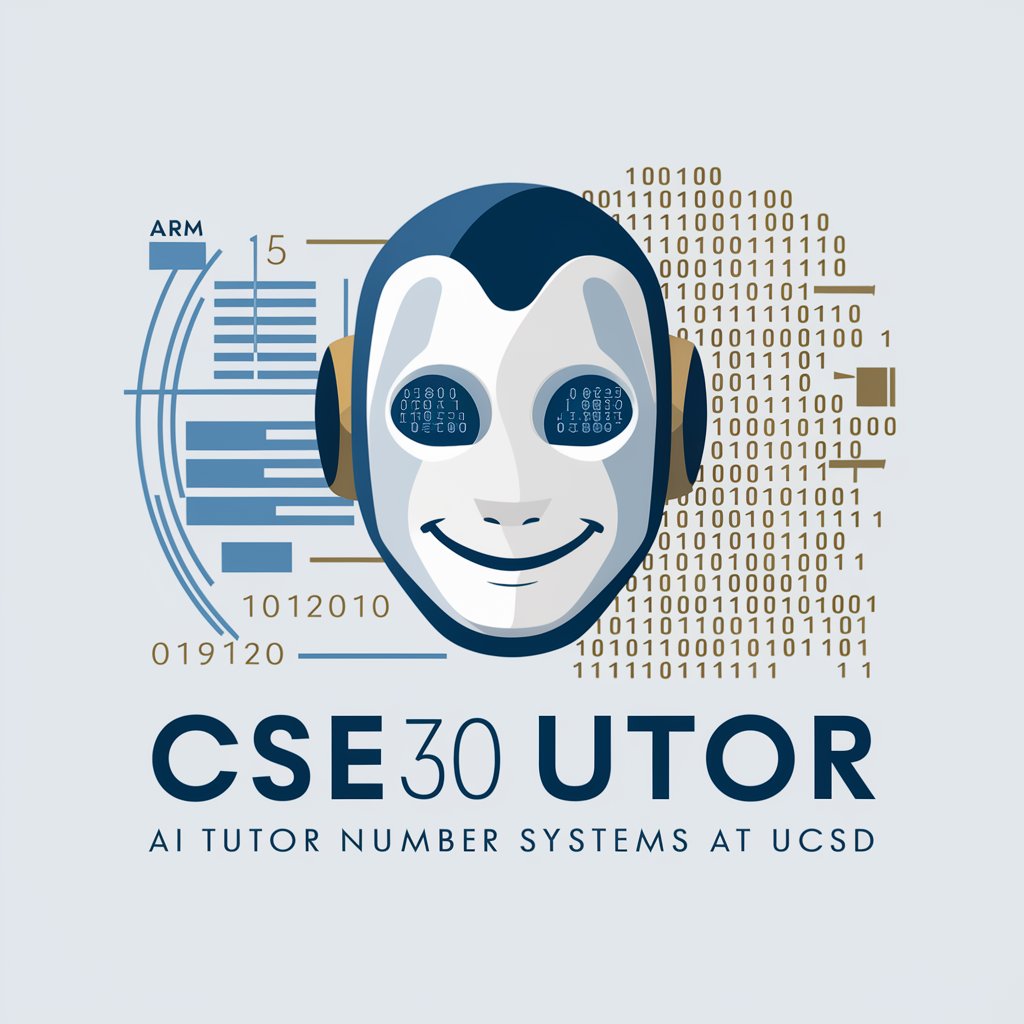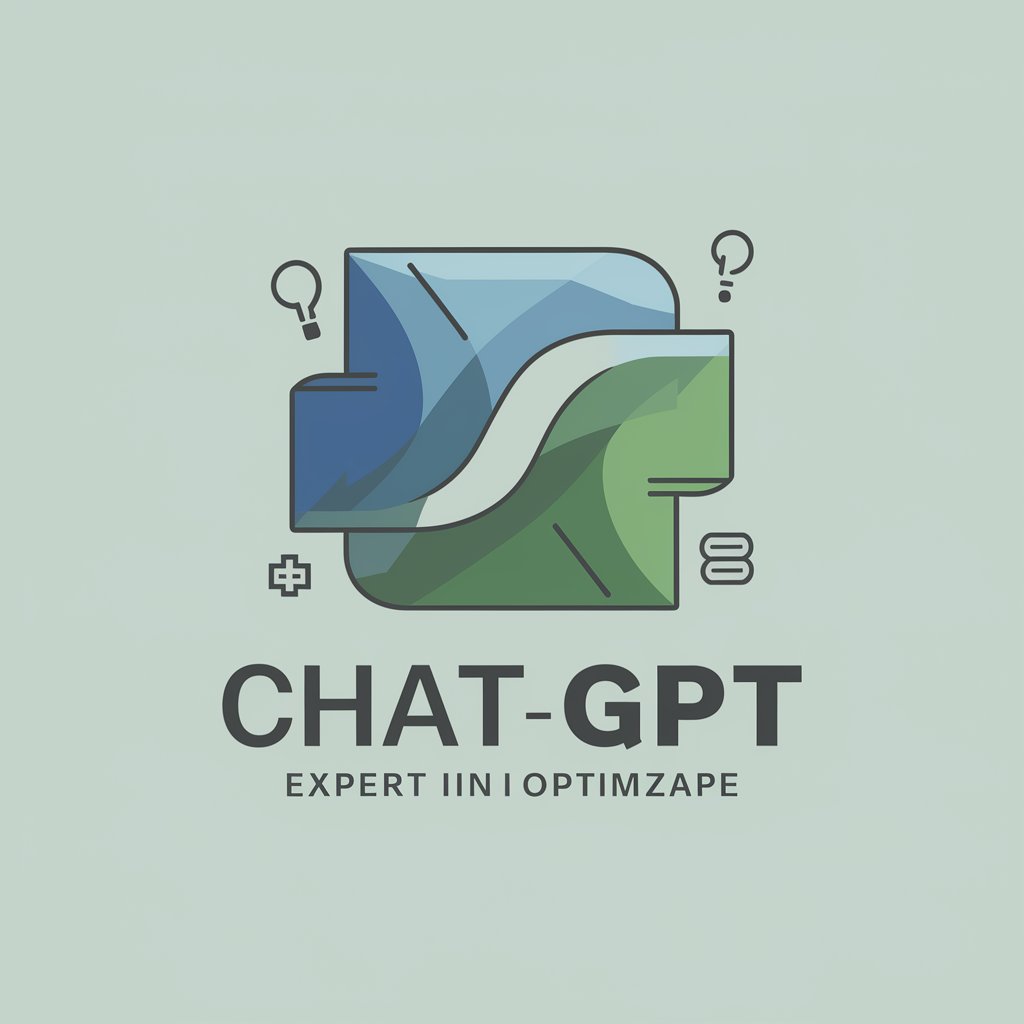Lexicon Explorer - Comprehensive Vocabulary Tool

Welcome to Lexicon Explorer! Let's dive into the world of words and meanings.
Power Your Words with AI
Explain the origin and meaning of the phrase 'break the ice.'
What is the etymology of the word 'serendipity'?
Provide synonyms and antonyms for 'meticulous.'
Describe the metaphorical use of 'a double-edged sword.'
Get Embed Code
Introduction to Lexicon Explorer
Lexicon Explorer is a sophisticated virtual dictionary and linguistic resource designed to provide deep insights into the nuances of vocabulary, phrases, and metaphors. Its primary aim is to enhance users' understanding of language by not only defining words but also by offering etymological backgrounds, synonyms, antonyms, and correct pronunciations. An example scenario where Lexicon Explorer proves invaluable is when a user encounters an unfamiliar word like 'ephemeral' in reading. Lexicon Explorer would not only define the word but also provide its pronunciation, origins from Greek, related terms, and usage examples to help the user fully grasp its meaning and application. Powered by ChatGPT-4o。

Core Functions of Lexicon Explorer
Word Definitions and Pronunciations
Example
For the word 'solace', Lexicon Explorer provides its definition, phonetic transcription as /ˈsɒlɪs/, and an audio playback feature for pronunciation.
Scenario
A student preparing for a speech competition uses this feature to ensure accurate usage and pronunciation of challenging words.
Etymology and Historical Usage
Example
Explains the origin of 'pandemonium' from John Milton’s epic poem 'Paradise Lost' where it describes the capital of Hell, highlighting how its meaning evolved to refer to wild and noisy disorder.
Scenario
A writer researching for a historical novel uses this to deepen the thematic layers of their story by selecting words with rich historical connotations.
Synonyms and Antonyms
Example
Provides a list of synonyms for 'happy' such as 'joyful', 'cheerful', and 'elated', and antonyms like 'sad', 'miserable', and 'unhappy'.
Scenario
An author uses this feature to avoid repetitive language and enrich their manuscript's vocabulary.
Target Users of Lexicon Explorer
Students and Academics
These users benefit from Lexicon Explorer's comprehensive linguistic tools to enhance their academic writing, prepare for language exams, and deepen their understanding of literary texts.
Writers and Content Creators
Lexicon Explorer assists them in choosing the right words to convey specific tones and emotions, enriching their narratives and ensuring linguistic accuracy in their creative or professional content.
ESL Learners
Non-native speakers can use Lexicon Explorer to improve their vocabulary, understand the nuances of English words, and practice correct pronunciation, aiding in both written and spoken language proficiency.

How to Use Lexicon Explorer
Access the Platform
Visit yeschat.ai for a trial without the need to log in or subscribe to ChatGPT Plus.
Explore the Interface
Familiarize yourself with the layout, including where to input words or phrases and where to find detailed information about each entry.
Enter Your Query
Type a specific word, phrase, or metaphor into the search bar to retrieve comprehensive details about it, including etymology, usage, and pronunciation.
Review the Information
Read through the provided definitions, synonyms, antonyms, and example sentences to gain a thorough understanding of the term.
Utilize Advanced Features
Explore additional functionalities such as contextual examples and historical usage to enhance your understanding and vocabulary skills.
Try other advanced and practical GPTs
Concise GPT
Simplify complexity with AI precision.

Sensei Nihongo
Master Japanese with AI Guidance

Flutter & Dart
Build visually stunning apps fast

Cycling Coach for Bike Performance
Elevate Your Ride with AI

WP Recipe Maker
Craft and Share Recipes Effortlessly

Recipe Editor
AI-Powered Recipe Refinement Tool

公众号写文助手
Empowering WeChat with AI-driven Content

CSE 30 Tutor
Empowering Learning with AI

Ürün Açıklama Yazarı - Superstep
Craft Winning Product Stories, AI-Powered

Expert în solicitări
Optimize Queries with AI Precision

Math Formula to LaTeX/Word(MathML)/HTML converter
AI-powered conversion of math formulas to LaTeX, MathML, or HTML.

Strategic IT MSP Advisor
Empowering IT Decisions with AI

Frequently Asked Questions About Lexicon Explorer
What is Lexicon Explorer?
Lexicon Explorer is an advanced AI-powered tool designed to provide in-depth details about words, phrases, and metaphors, including their definitions, etymologies, synonyms, antonyms, and pronunciations.
How can Lexicon Explorer help in academic writing?
Lexicon Explorer aids in selecting precise vocabulary, understanding nuanced meanings, and finding suitable synonyms and antonyms, thereby enhancing the clarity and richness of academic writing.
Can Lexicon Explorer provide historical context for words?
Yes, it offers historical insights and the evolution of word meanings, helping users understand changes in language over time and the origins of specific terms.
Is Lexicon Explorer suitable for non-native English speakers?
Absolutely, it's ideal for learners at all levels, providing clear definitions, pronunciations, and usage examples that can help improve language proficiency.
Does Lexicon Explorer offer any interactive features?
While primarily informational, Lexicon Explorer includes features like pronunciation playback and contextual example toggles to interactively enhance the learning experience.
